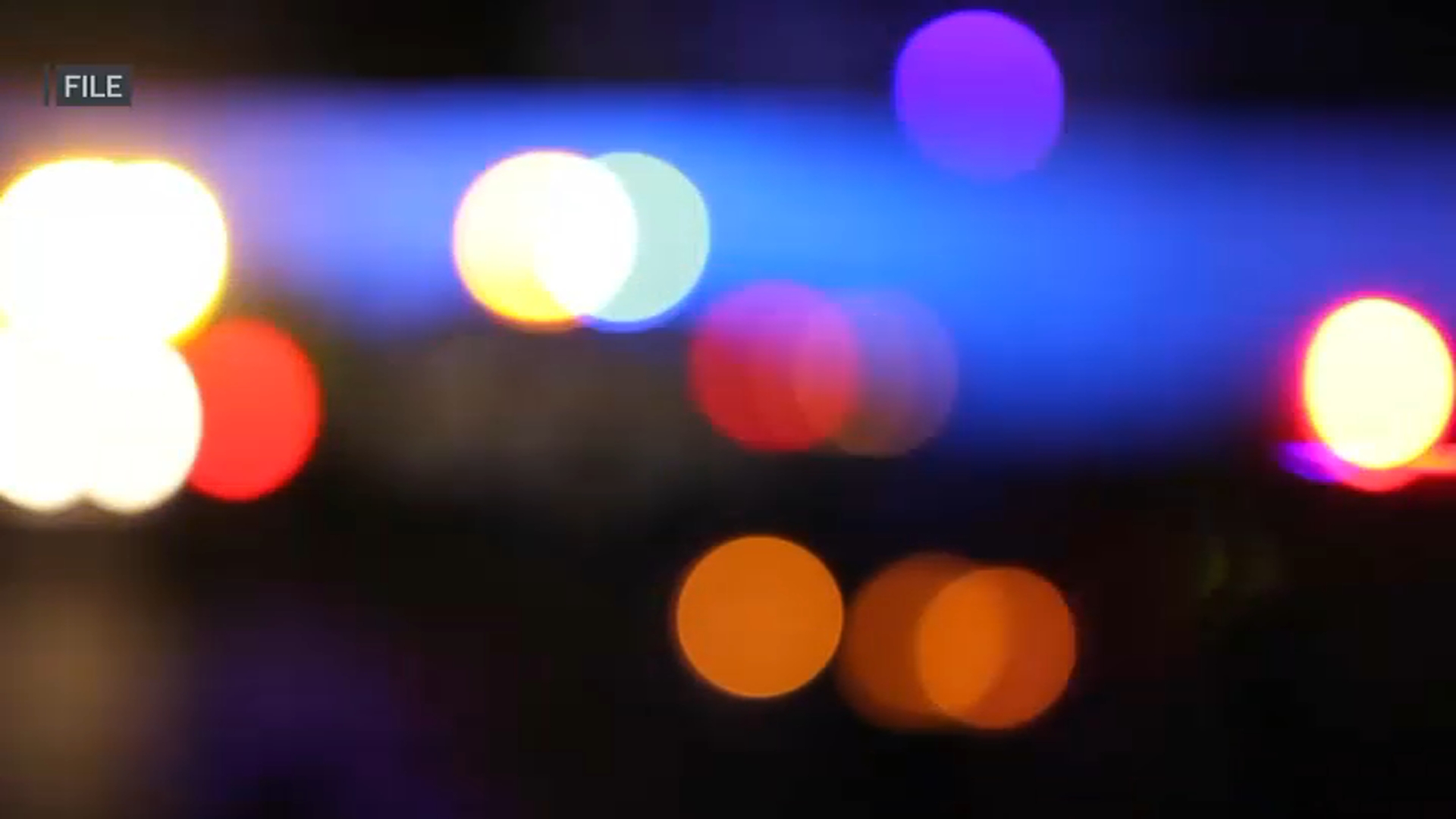
After being ordered to make urgent safety changes by the federal government las month, the MBTA said Thursday that it has met all current deadlines and requirements and is working on long-term plans to address the concerns.
The Federal Transit Administration began investigating the MBTA in April after a recent death and several incidents that caused injuries. In June the agency issued four special directives aimed at fixing what it called "emergency safety issues." Key concerns included Operating Control Center staffing, general safety operating procedures, delayed critical maintenance and lapses in staff safety certifications.
WATCH ANYTIME FOR FREE
Stream NBC10 Boston news for free, 24/7, wherever you are. |
The directives prompted the MBTA to reduce service while the agency works to make corrections, leading to longer wait times for riders.
The MBTA said Thursday that it has made significant progress in addressing these concerns and on creating Correction Action Plans, or CAPs, to keep on track. Some of the action already taken includes issuing a new series of safety directives, training and policies for conductors in train yards and car houses, bringing all active employees up to date on certifications, prioritizing track projects based on which areas are most in need of repair or areas that have substantial speed restrictions, updating rules for accessing track areas and giving crews more time to perform work during overnight hours, when the subway does not run.
Get updates on what's happening in Boston to your inbox. Sign up for our News Headlines newsletter.
The agency has also launched a hiring campaign to address staffing shortages, specifically looking for drivers, dispatchers and inspectors. This also involved adjusting work rules to ensure more manageable shifts and better rest time for employees. Newly hired dispatchers will start at the Operations Control Center after a 10-week training program, and the T has also rehired three former dispatchers who have been acting as supervisors into temporary roles at the center.
There are several ongoing pieces of these CAPs as well. The MBTA said they are looking at ways to accelerate maintenance schedules on existing construction equipment, developing a PPE compliance checking program, increasing rail yard staff and developing a pilot program for Blue Flag procedures. These blue flags are raised when workers are on, under or between rolling cars or equipment and meant to keep workers safer.
Local
In-depth news coverage of the Greater Boston Area.
"Following the FTA’s initial safety review, the MBTA was asked to implement changes to the system to improve the way it is run and operated," said MBTA General Manager Steve Poftak said in a media statement. "I am pleased that the MBTA has completed many of those updates and continues to make progress on many more. These recommendations will make the T safer and more reliable for both our riders and our employees. Over the coming weeks, we will continue to work closely with these safety experts to improve the MBTA system."
Even before the directives were issued the MBTA was working on improvement projects, including the Green Line Train Protection System project, which involves adding safety equipment along the lines to avoid train-on-train collisions, add red-light signal protection, and reduce speeds.
Lawmakers have called for more transparency and study of the MBTA following the FTA report and recent incidents, which range in severity from minor derailments at trainyards to fatal accidents. The Joint Committee on Transportation is scheduled to meet at 10 a.m. on July 18 for an initial oversight hearing to "examine issues related to deficiencies in safety management practices at the MBTA."
Two of the deadlines for the four special directives have already passed, on June 30 and July 5. Two more are upcoming on July 15 and July 20.



